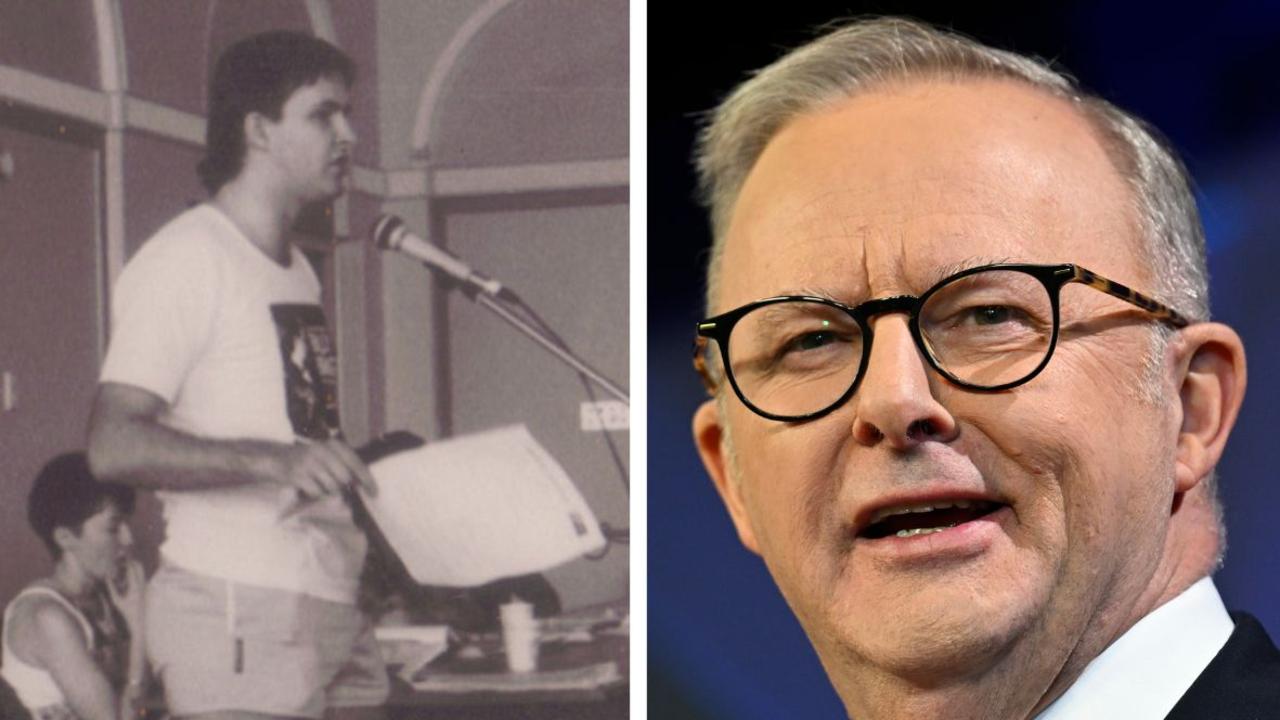Denuclearisation: The one word that could make or break Trump’s summit
WHEN Donald Trump and Kim Jong-un are alone together, without any cameras or microphones, this is the awkward conversation they’ll need to have.

WHEN Donald Trump and Kim Jong-un finally meet in Singapore today, one word will determine the outcome.
That word is denuclearisation.
It is the whole point of the summit. Everything depends on North Korea’s willingness to denuclearise.
But here’s the awkward fact neither side wants to discuss. The United States and North Korea each think the word denuclearisation means something very different — and that rift could easily derail the talks.
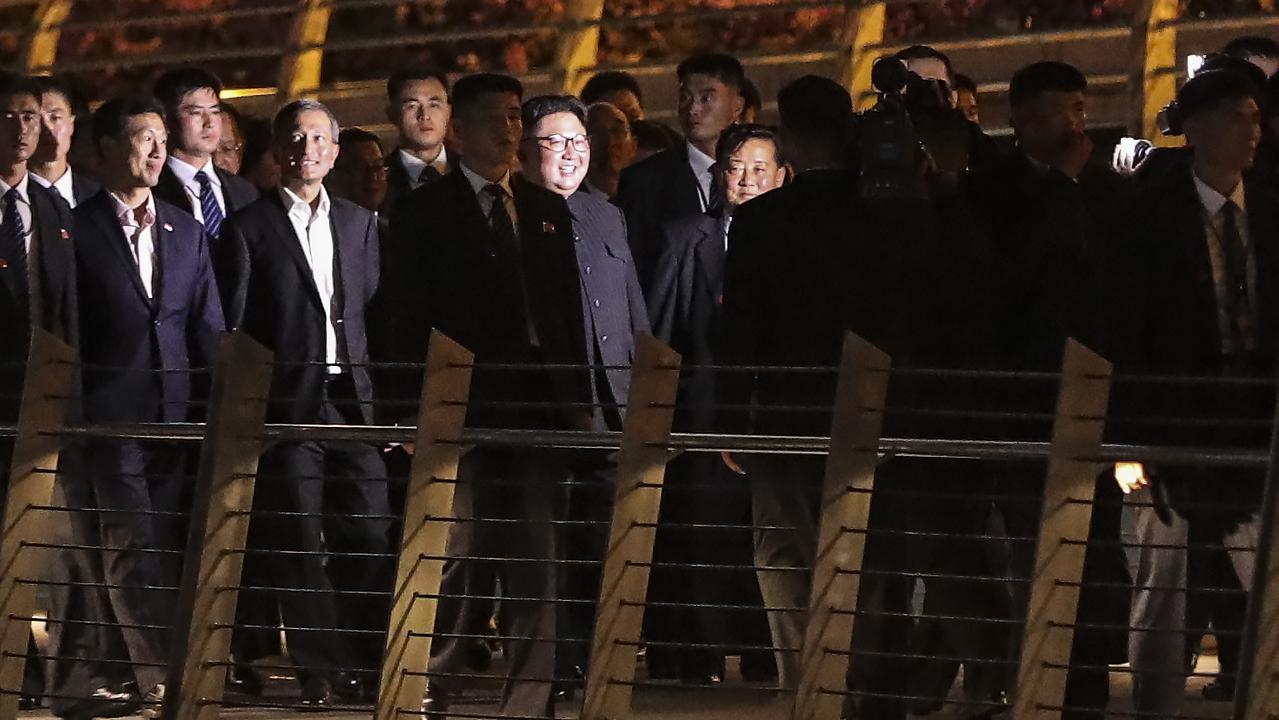
“North Korea’s stance and the US’s stance are so different,” Kim Tae-jun, director of the Korea Research Institute for Security Affairs, tells news.com.au.
“North Korea is demanding that its denuclearisation should be implemented progressively, in a phased manner. But the US wants denuclearisation immediately, in a complete, verifiable and irreversible manner.”
The exact language used matters a lot here. The United States’ approach — complete, verifiable and irreversible dismantlement (CVID) — would require North Korea to take quick and comprehensive action, and allow international nuclear inspectors access to its facilities.
Some experts refer to this as the “Libya-style” model of denuclearisation, since a similar process was imposed on the African nation in the mid-2000s. The problem? North Korea is vociferously, angrily opposed to it.
When senior members of Mr Trump’s administration, including Vice President Mike Pence and National Security Adviser John Bolton, publicly used the “Libya-style” description last month, Kim Jong-un’s regime lost its cool.
“Whether the US will meet us at a meeting room or encounter us at nuclear-to-nuclear showdown is entirely dependent upon the decision and behaviour of the United States,” it said, calling Mr Pence a “political dummy”.
The ill-tempered response ended a month-long period of unusually warm words between North Korea and the US. Soon afterwards, Mr Trump cancelled the Singapore summit.
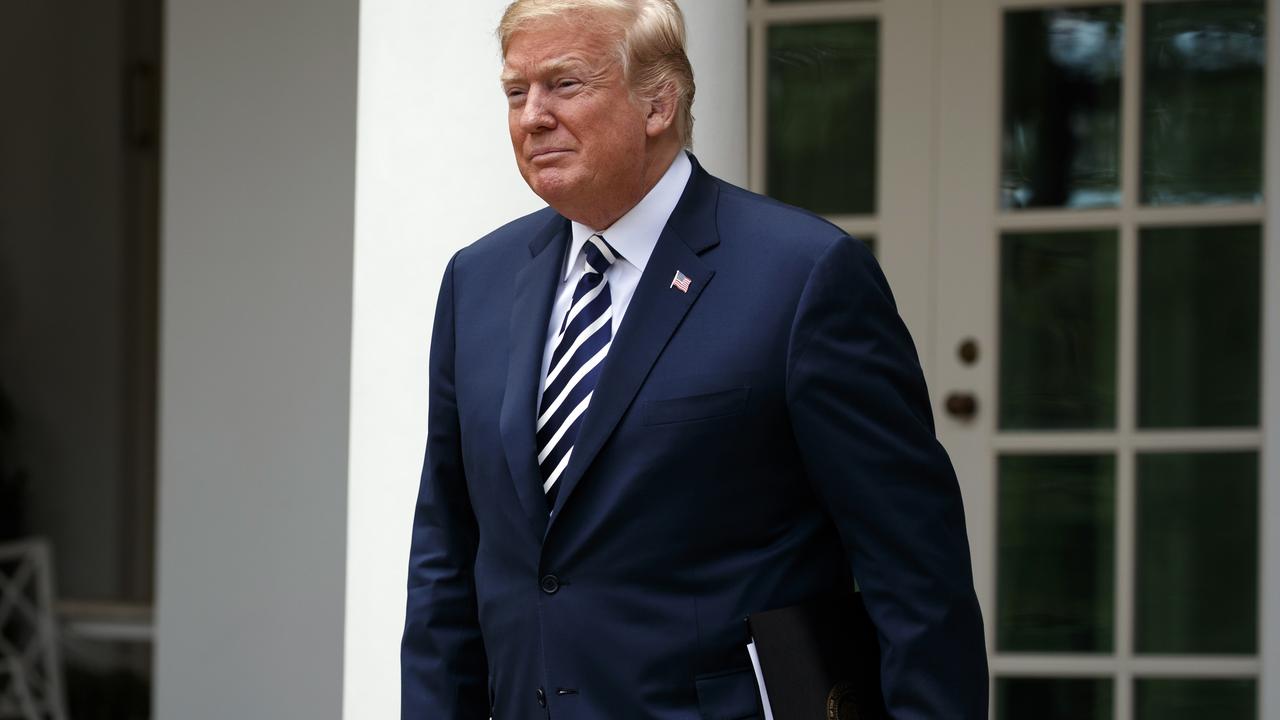
Obviously it was rescheduled, but the two countries’ seemingly irreconcilable positions on denuclearisation have not changed.
If the summit is to succeed, someone has to blink.
“CVID is something the US has long maintained, so this is something it cannot compromise on. Suddenly changing its position doesn’t make sense,” Kim Tae-jun says.
“If North Korea does not accept this, then Trump has said he would walk out of the meeting.”
He is asking for a significant capitulation from Kim Jong-un.
North Korea has long argued for a more incremental approach towards denuclearisation, with small and simultaneous concessions from both sides.
So, for example, Mr Kim could agree to a freeze on his nuclear facilities in return for relief from the international sanctions that have crippled his economy. After that, the next step would be negotiated.
The thing is, that strategy has been tried before, during talks in the 1990s and 2000s. On those occasions, North Korea accepted international relief and made some temporary concessions, only to go rogue again shortly afterwards.
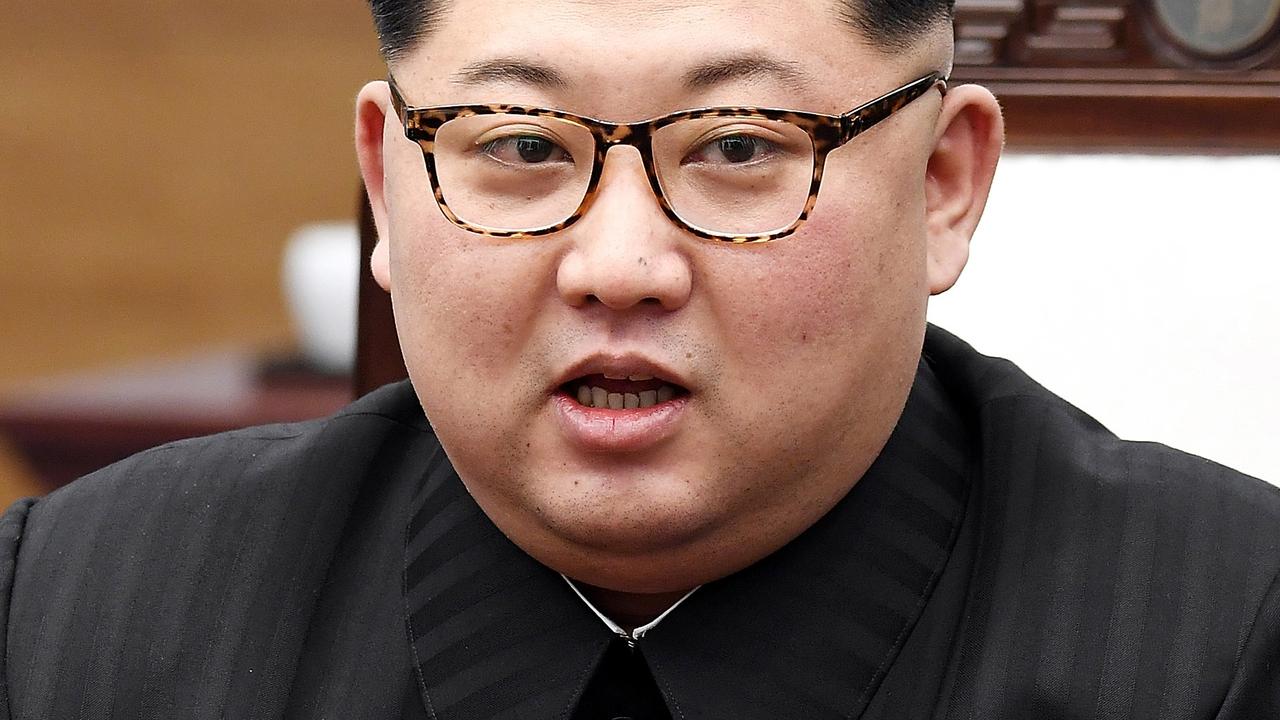
With that in mind, US Secretary of State Mike Pompeo seems to be sceptical of North Korea’s motives.
Overnight he said sanctions would remain in place until the North had fully denuclearised — and warned that if diplomacy failed, the economic pressure on Kim’s regime would actually increase.
But ultimately, it isn’t Mr Pompeo’s call. Mr Trump will decide whether or not to trust North Korea.
Is the president aware of North Korea’s track record? Is he across the important details of the peace process? Or is he so keen to secure a historic deal that he doesn’t particularly care what’s in it?
These are genuine fears, because Mr Trump will likely end up negotiating important pieces of the agreement — such as what denuclearisation actually means — himself, and he isn’t exactly known for being detail-oriented.
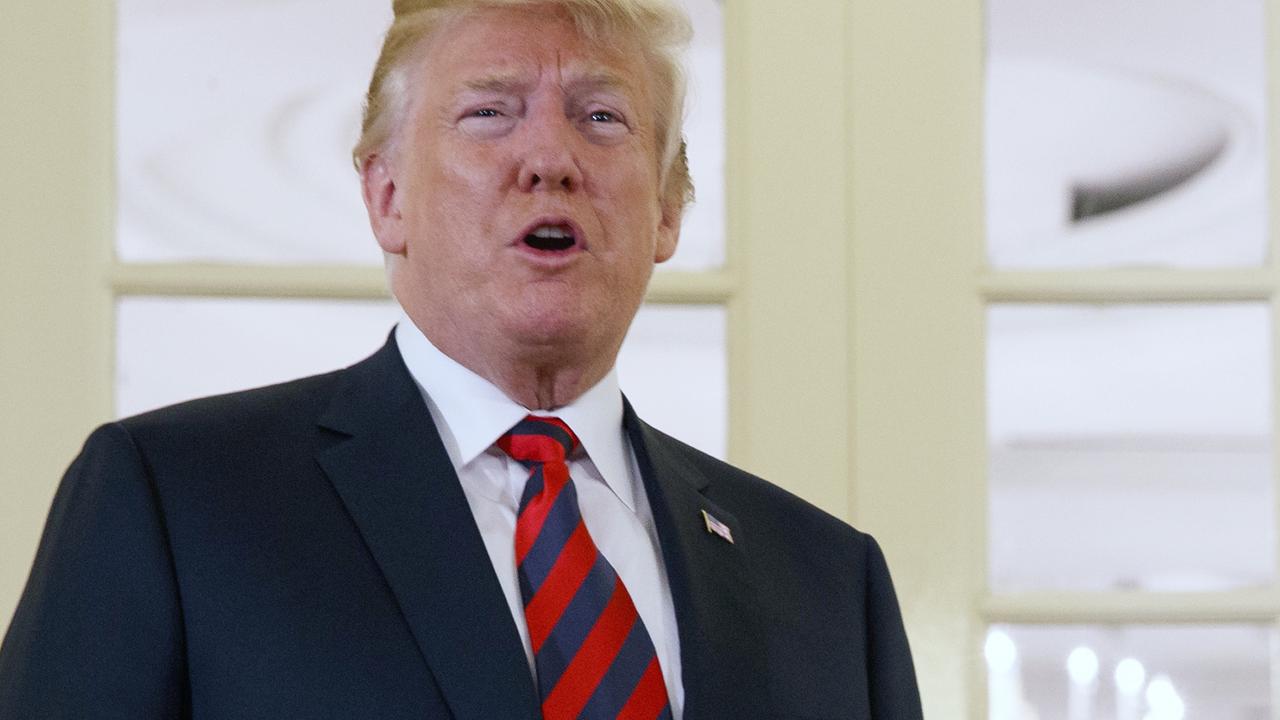
“My fear and concern is that politicians, when a certain level of agreement is reached, they don’t really care about the details. They might just make political compromises,” says Lee Ho-ryung, an expert at the Korea Research Institute for Security Affairs who has been studying North Korea for 15 years.
Ms Lee believes the summit has been rushed, robbing the foreign policy professionals supporting Mr Trump of the chance to iron out an agreement beforehand, and leaving too much to the individual leaders.
Even now, in the final hours before the leaders meet, their respective staffs are scurrying to iron out an agreement behind the scenes.
“Everything is going so fast, without proper preparation. Many experts are worrying. The details — whether it’s CVID, defining the terms and conditions — require lots of preparations,” she says.
“So far all the summits have been done in a top-down manner, instead of using a bottom-up approach, which enables the working officials to check every single detail.
“If it’s done in a top-down manner, we might miss something. It looks wonderful, it looks beautiful, but it might lead to loopholes.”
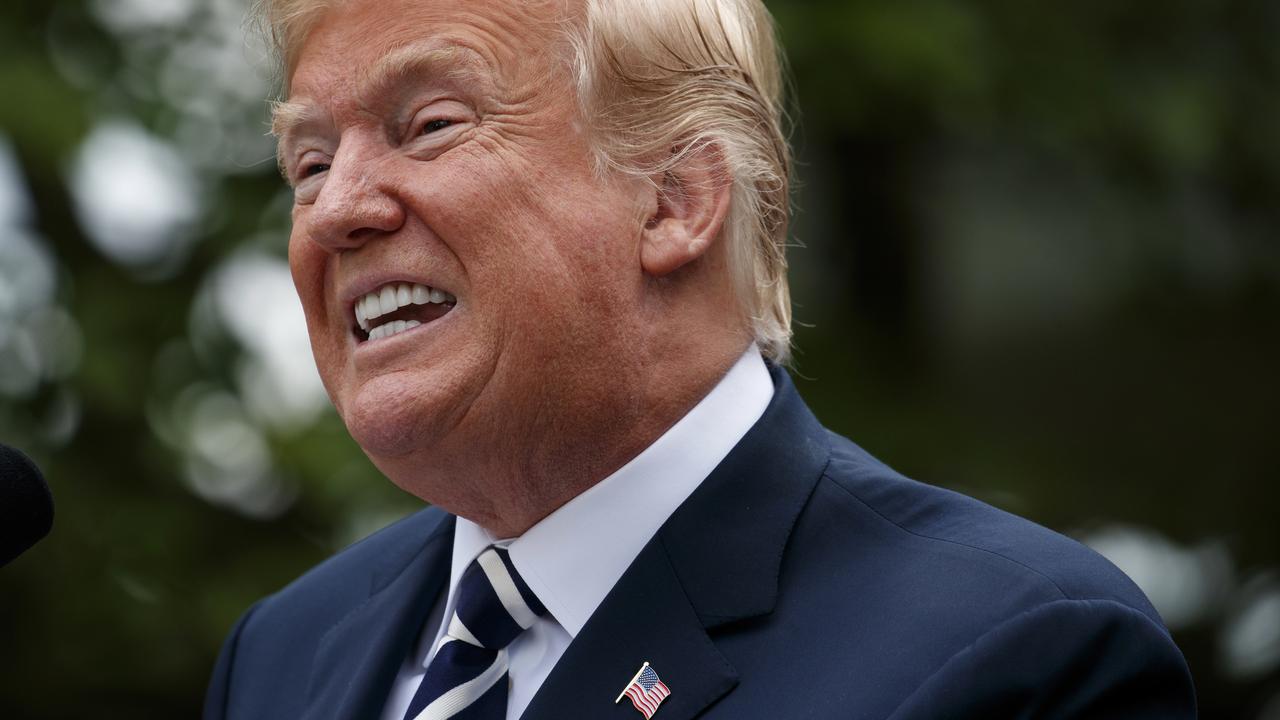
So, there are two main ways the summit could go wrong, and both revolve around that key word, denuclearisation.
Both sides could refuse to budge from their long-held positions, leading someone to storm out of the talks.
Or Mr Trump could give too much away in his eagerness to strike a deal.
The best result would probably be somewhere in between.
Sam travelled to South Korea as a guest of the Korean Culture and Information Service.




